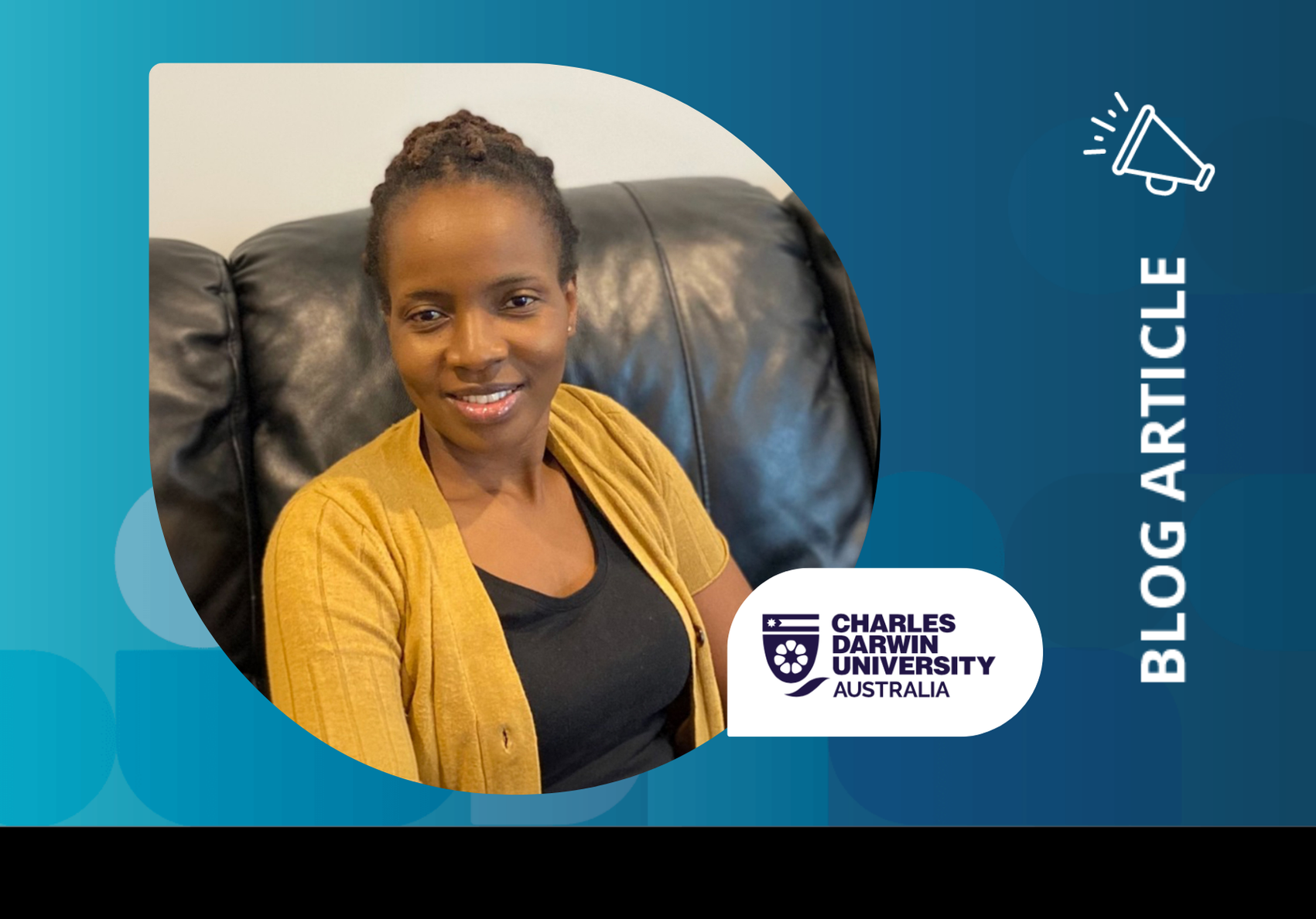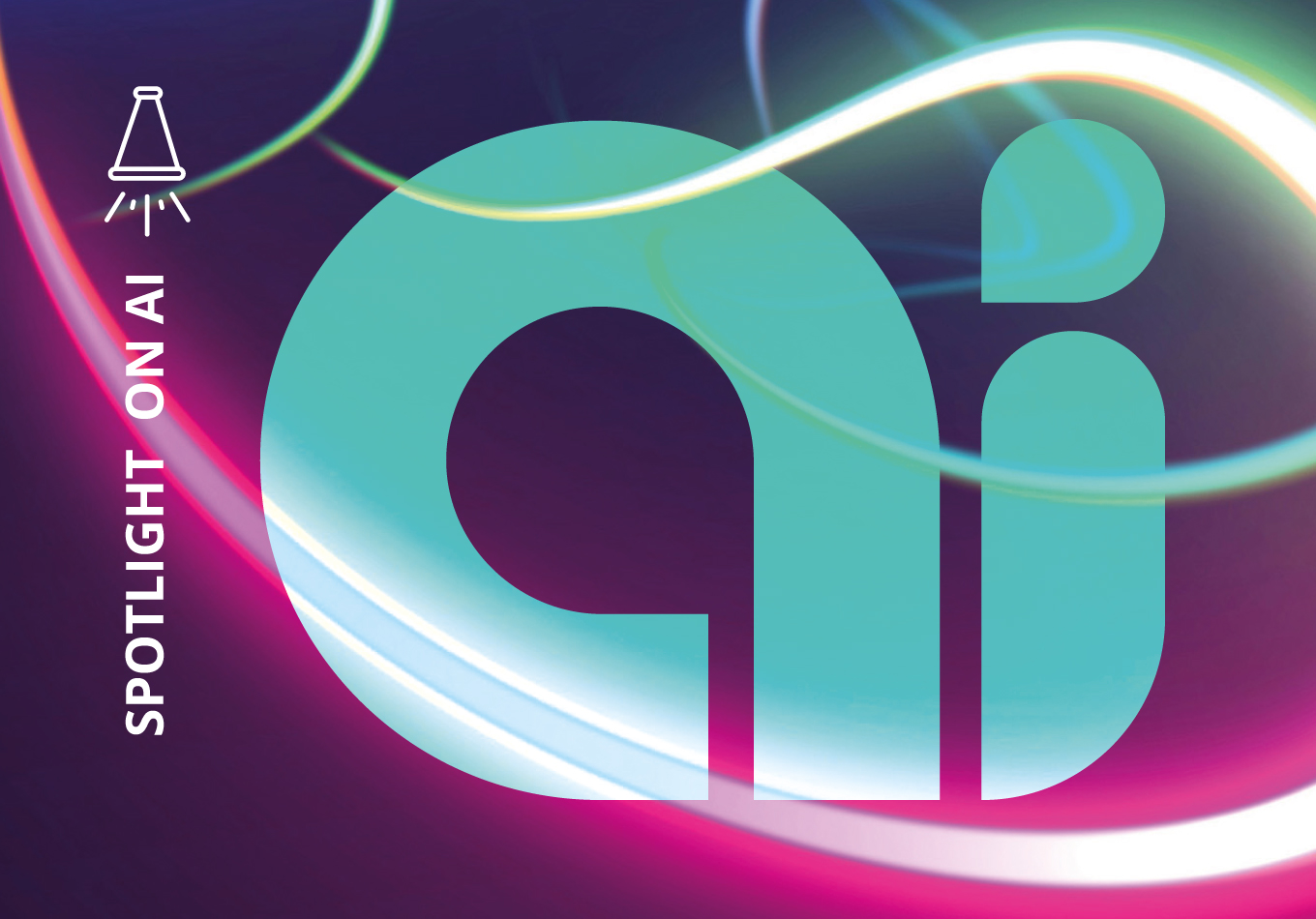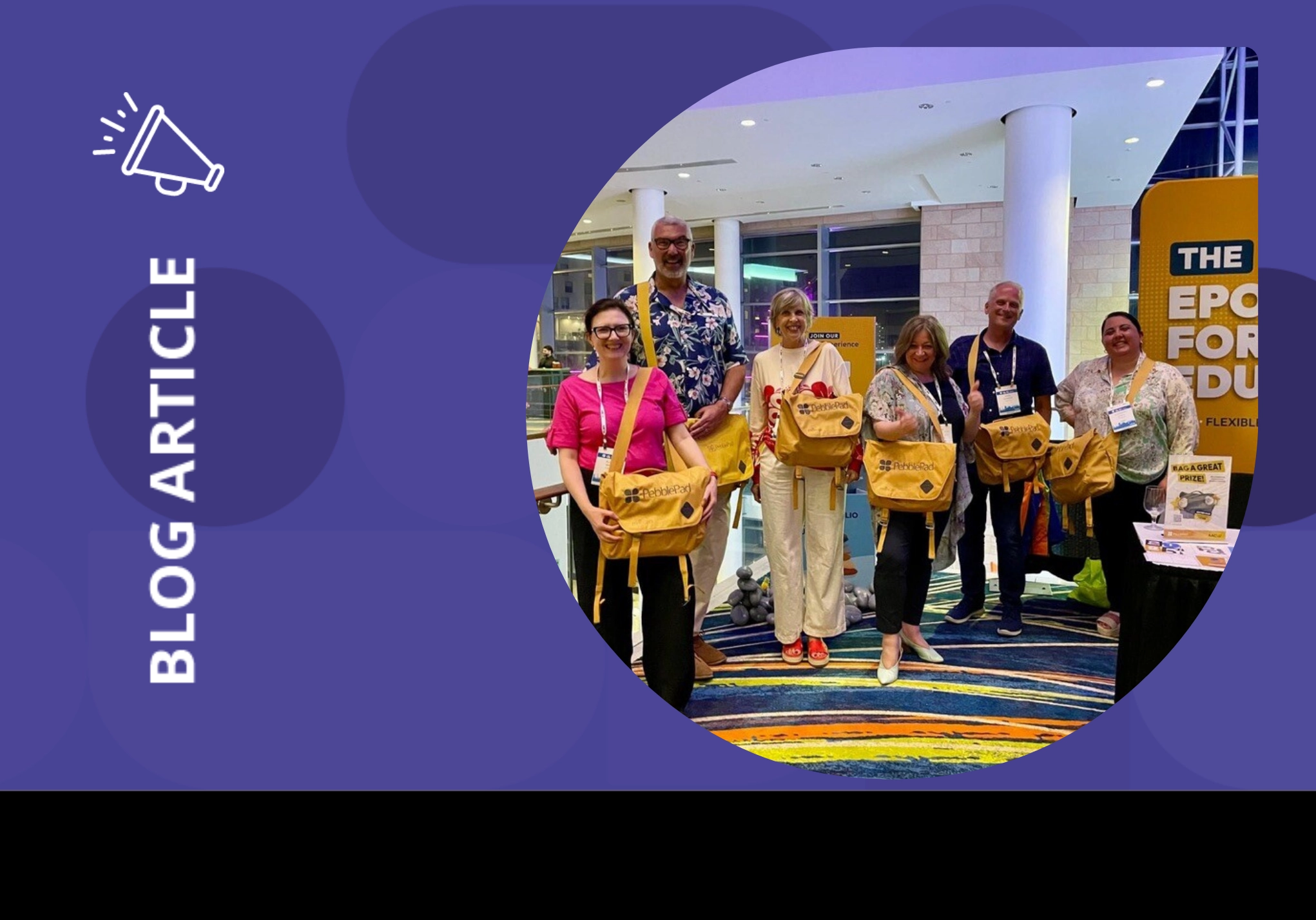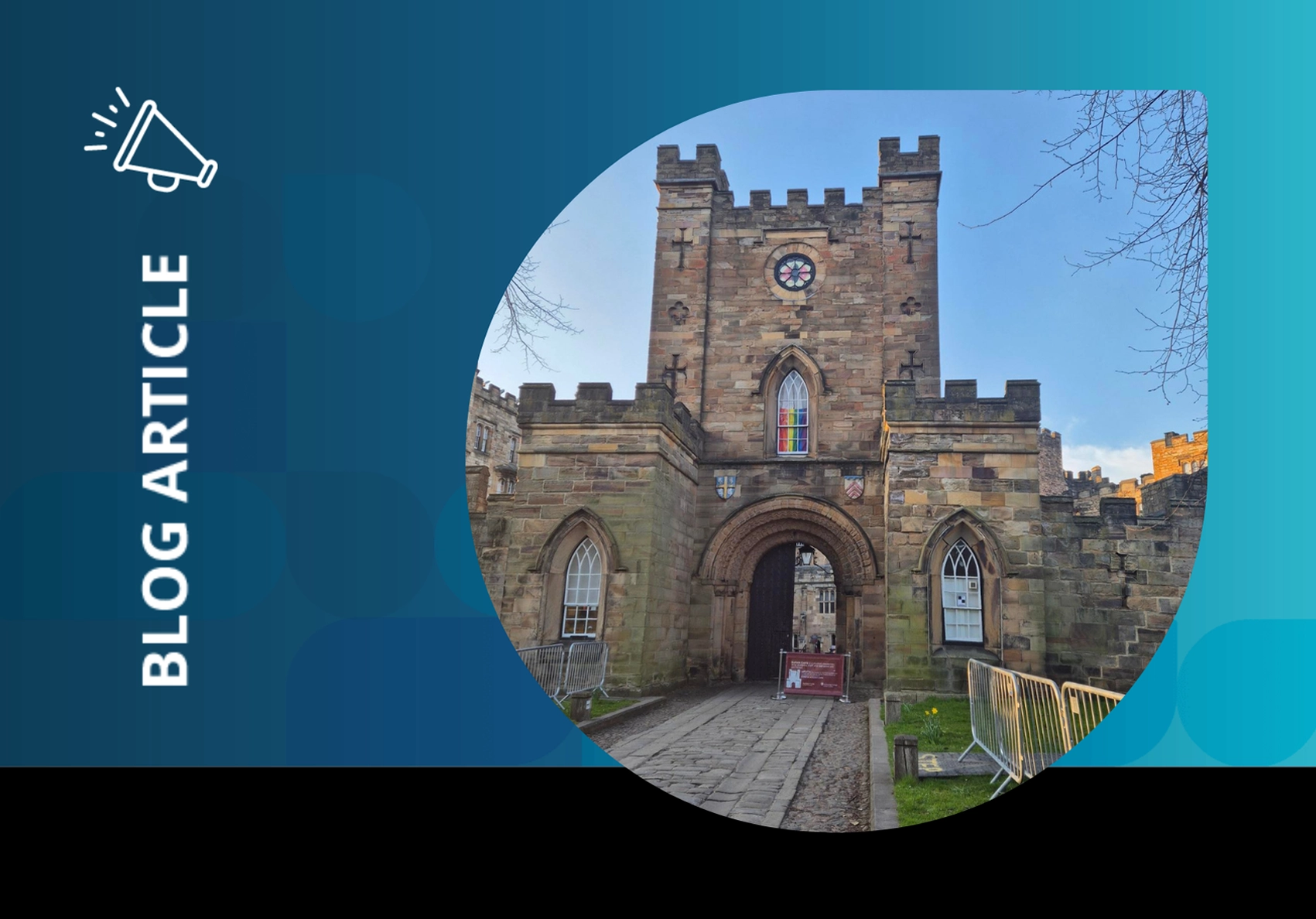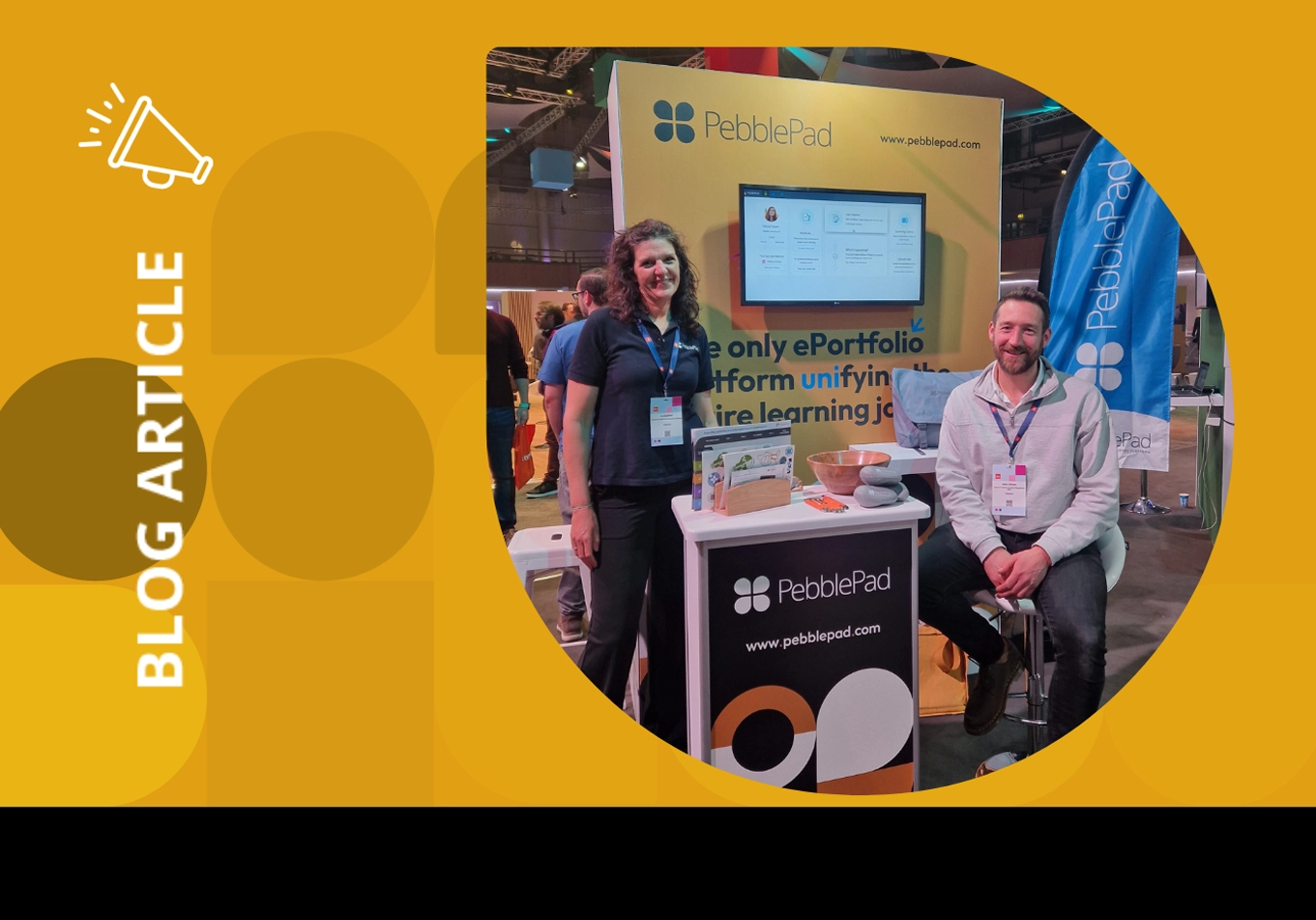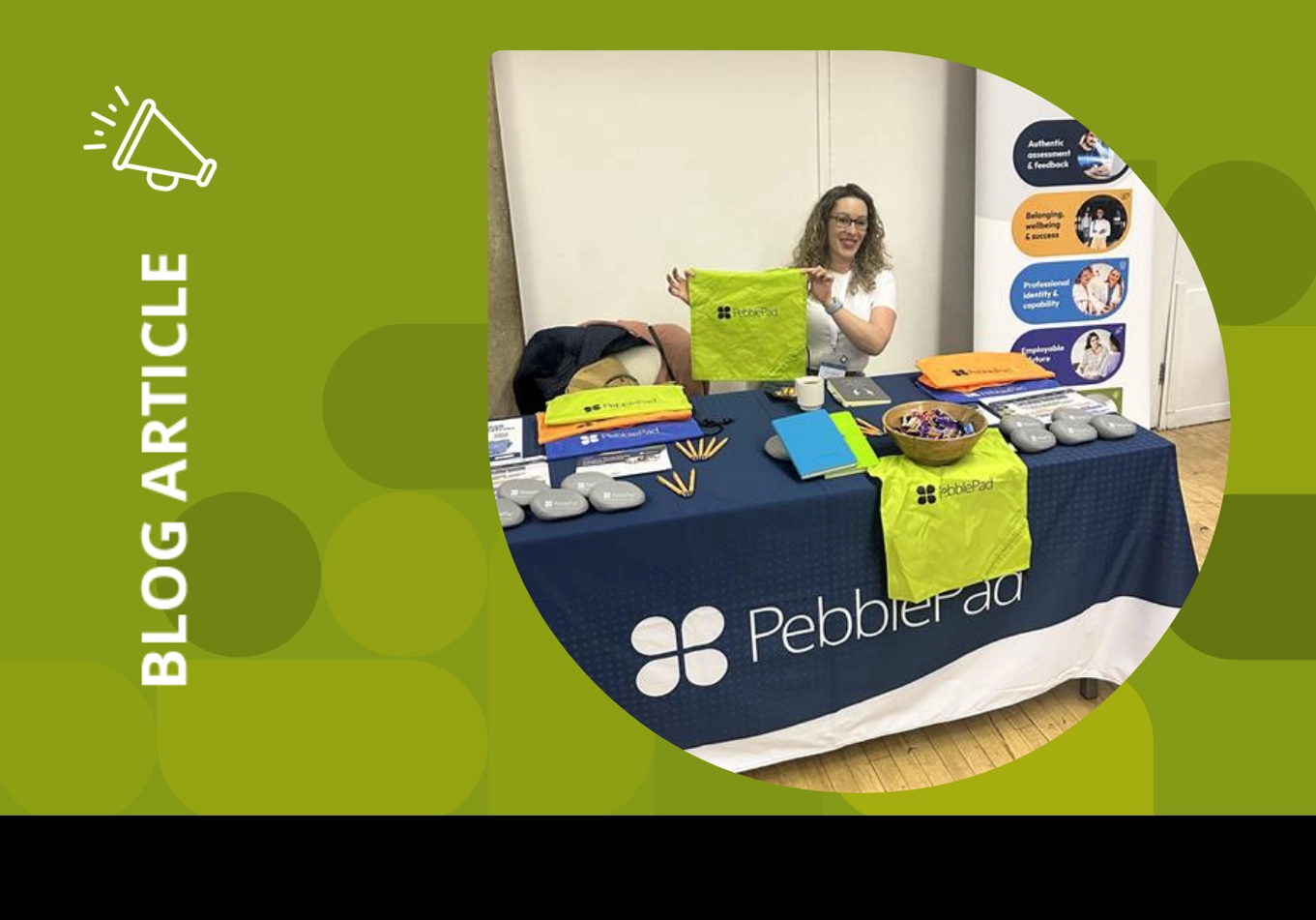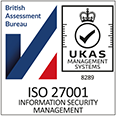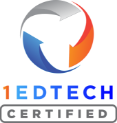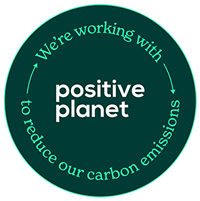In this Spotlight series we highlight experts in our team from across the globe. This week, the spotlight is on Pauline Porcaro, Learning Consultant and Enterprise Customer Success Manager. Pauline is based on the Mornington Peninsula outside of Melbourne, Australia.
What is your role at PebblePad?
My role is learning consultant and Enterprise Customer Success Manager, I work with universities to implement good learning and teaching through PebblePad.
What is your background?
My background is varied, before I came into higher education circles about 12 years ago, I taught in the Vocational Education (VE) system for 18 years. That’s where my passion for authentic assessment was ignited.
The reason I love authentic assessment so much is because it’s all about the students, preparing them for their life ahead; they sit at the centre of their learning journey. Assessment can change their attitude towards their subjects, those mandatory ones that they don’t find as interesting but are part of their course.
Authentic assessment is about students putting their own stamp on their submissions. I saw a complete change in the people I was working with when I changed my assessment practice – I saw them become passionate and inspired by assessments.
It also changed their attitude towards coming to class. They never missed class because class was all about preparing for assessment; the line between learning and assessment was blurred, almost transparent, they were one and the same. Assessment was not tacked on at the end.
At that stage, I was teaching in a Business College which had a variety of different subjects that students had to do, mandatory modules like marketing, accounting, and human resources.
The students struggled to see the purpose of some of these modules and found them boring. Changing the assessment to be about them changed their attitude towards these subjects they didn’t find interesting; they began to see the point.
They had to design their own business, and the accounting, HR and marketing then had to be about their own business and making their own business work.
I asked all the teachers to join me so we could do an holistic assessment; we each designed our assessments around our own learning outcomes yet students had only one business to work on, their own design, following their own passion. That’s when I saw how assessment can revolutionise learning.
My students who were non-English speaking background, first in family learners and students who had not been able to get into University with poor scores, were suddenly the winning students in business planning competitions across Victoria. I ran that program for 12 years; our students won more prizes than every University or Vocational College who entered every year.
It was extraordinary, this group of students were so passionate about what they were doing because they became the centre of their assessments; they owned them.
That’s when I learned the power of assessment, that it could be inspiring. That’s what I love about my job, I work with people to enhance assessment practice and PebblePad is the medium to be able to do that.
What would you say you’re most passionate about in Higher Education?
I think I’m most passionate about student learning and student engagement and that’s why I’m so passionate about assessment.
I have three adult children, two completed degrees and masters and are doing well in their jobs.
However, the one in the middle is neurodiverse and the university system didn’t connect with her. She tried university twice and dropped out, not because she’s not smart but because the system did not cater for her individual needs.
Whereas the VE (Vocational education) system did, so she went into VE and she did well.
The problem with university was that the assessments that she was given didn’t connect with her, they were prescribed, little individual input, and not authentic. She kept coming home saying “mum this has got nothing to do with what I want to do, I want to work on assessments that have something to do with my career choices” and that’s when I think I learned the power of how we can maintain and encourage all types of learners through good assessment.
So that’s what I’m most passionate about, ensuring that we can inspire all students, take them on a learning journey where they can each be successful.
What do you love most about PebblePad?
I love PebblePad because it gives a platform to be able to do the things that I believe can inspire all learners.
Only today I was drafting some ideas for some engineers who are working on a plan to change the way engineering is taught in Australia. The ‘Engineering Change’ report calls for a re-balancing of theory and practice, a push for real-world problems to solve, and a connection with the human dimensions of engineering.
I’ve had an exciting day coming up with ideas, for example, one was doing hackathons in PebblePad; it’s the perfect platform. The PebblePad Platform has an energy that most platforms don’t have.
I was able to suggest:
- PebblePad’s ability to support project-based learning through ‘workbooks’
- the ‘portfolio’ option for reflection as they learn
- the option to use ‘Collections’ of data as evidence for hackathon input
- the ability for group assessment submissions
- the collection of creative tools to share their responses to problems.
There are so many things that PebblePad does, the options are endless. I find in my job I get very excited daily because it does so much and inspires so many new ways to develop learning and assessment.
It records competencies for accreditation, for the likes of nursing and engineering, but it also gives a platform for students to be creative. It works across programs rather than simply at an individual unit level that connects all learning, nothing stands alone, providing the big picture to learners that their whole program is connected, everything matters.
Another thing I love about it is the feedback capability, because:
- they can give feedback to each other
- they can get feedback from external assessors and industry, and
- they can get feedback ‘as’ learning from their teachers. Not monologic feedback, dialogic feedback for learning
I also love that learners can take their university work with them to industry when they’ve done their degree, they’ve got access to alumni accounts, leaving nothing behind. Their university years collated into an organised portfolio that can grow with them as they undertake CPD.
I can tell you from when I did my Masters I don’t know where any of my work is, I would love to have access to some of it.
If I had a PebblePad alumni account, I would have been growing my education resource over all these years, instead I have records of my learning and CPD all over the place. So, if you ask me what’s the best thing about PebblePad, I can’t tell you because there’s so many things that I just love about it.



